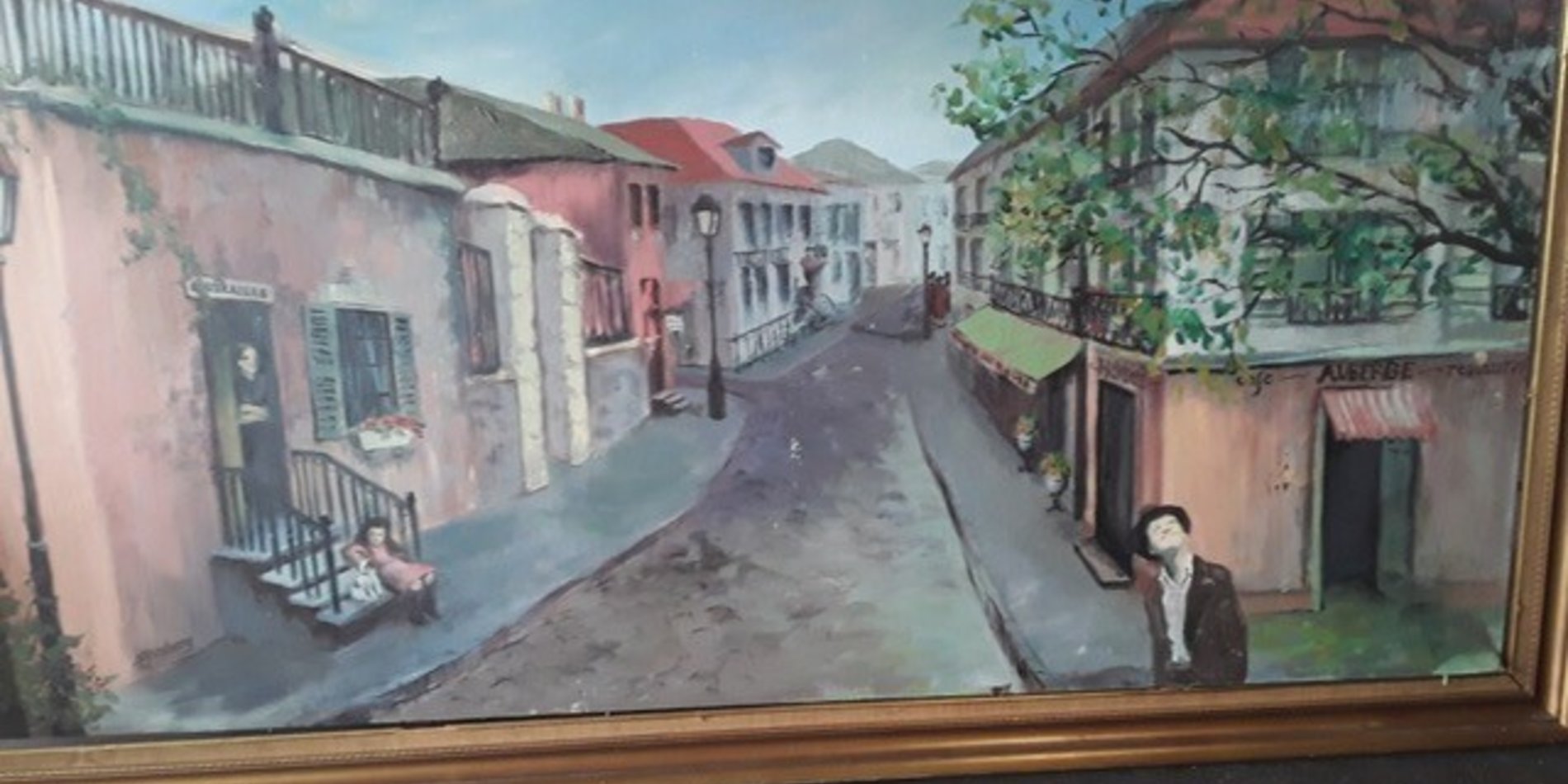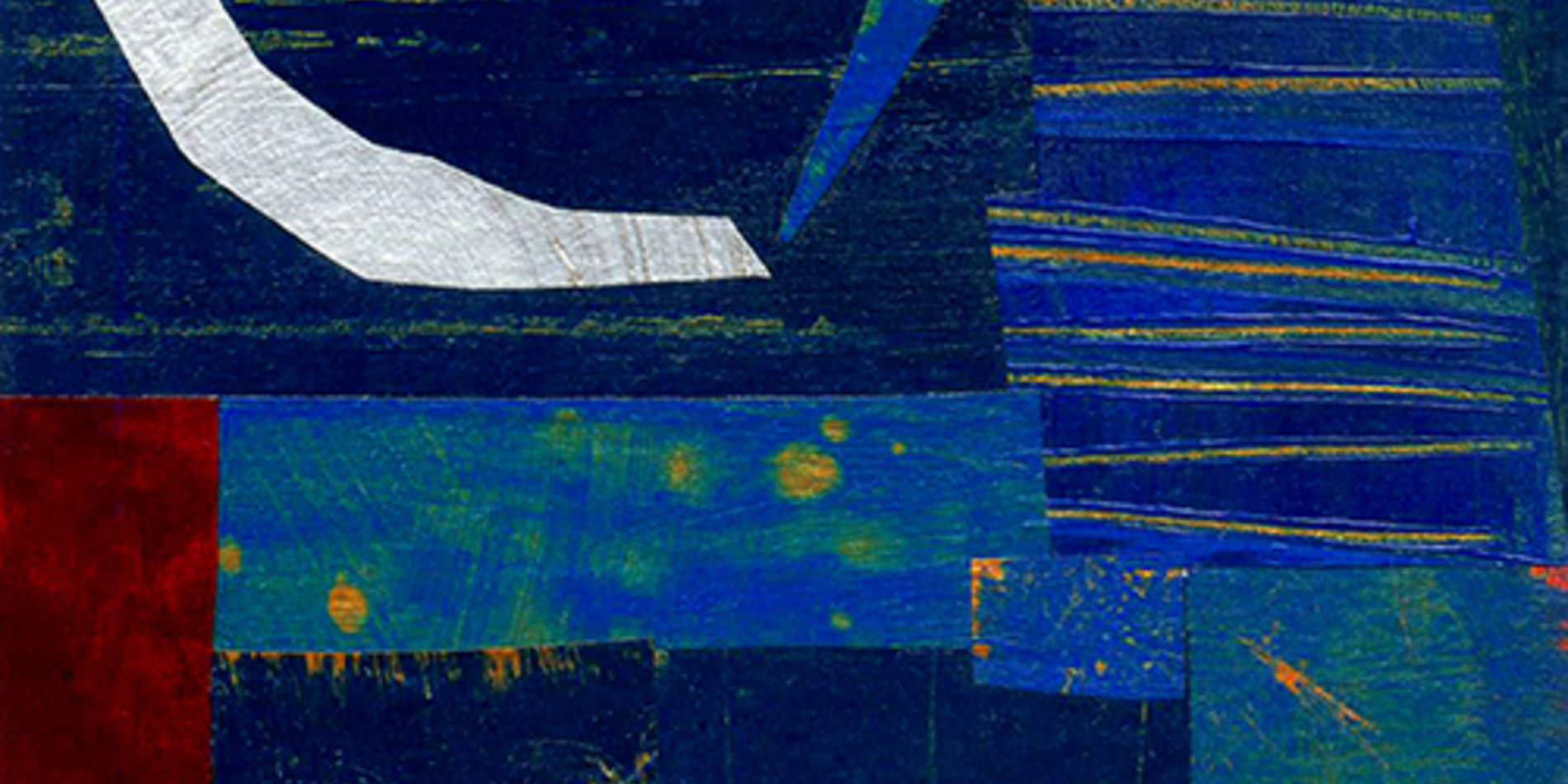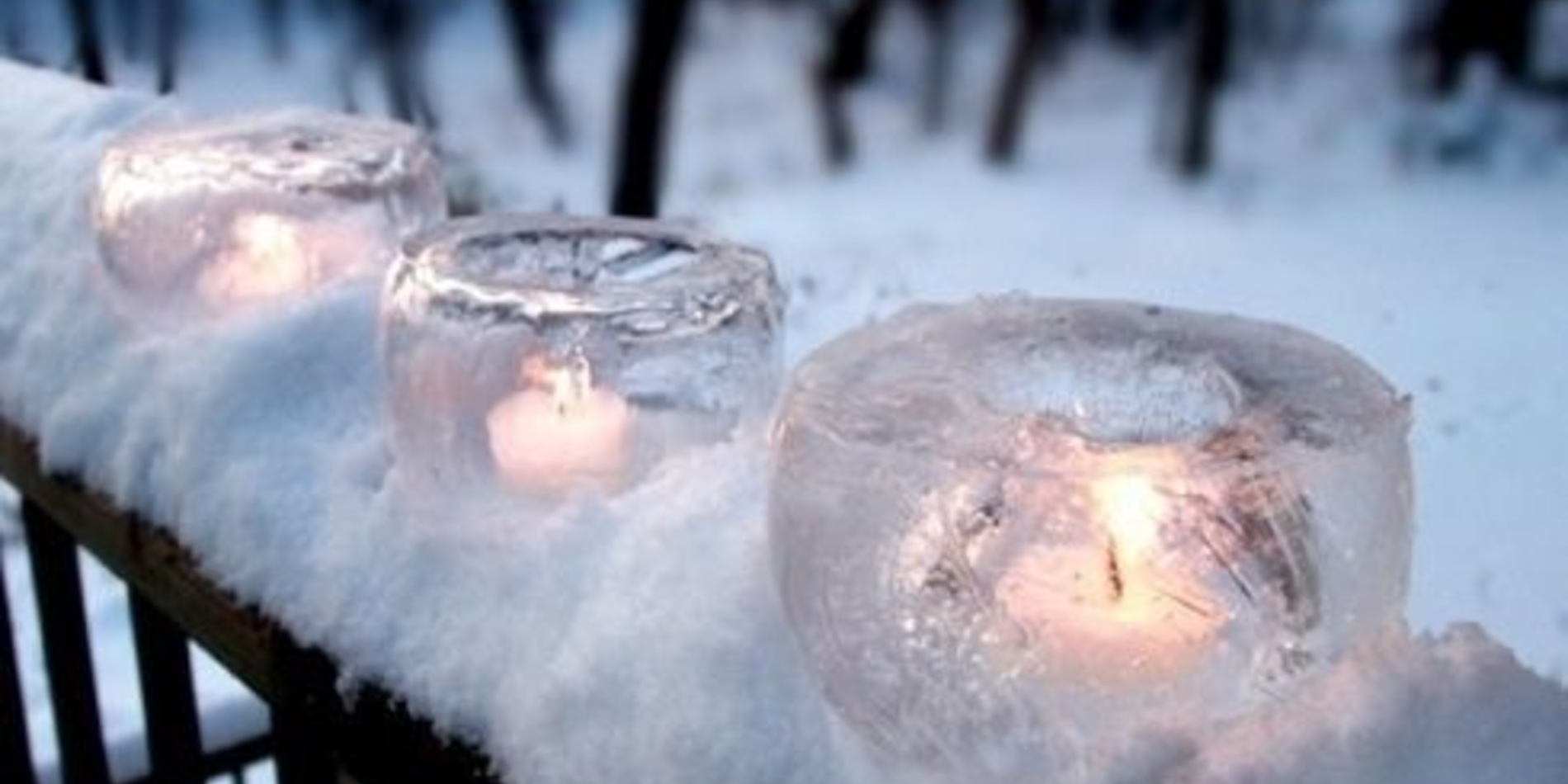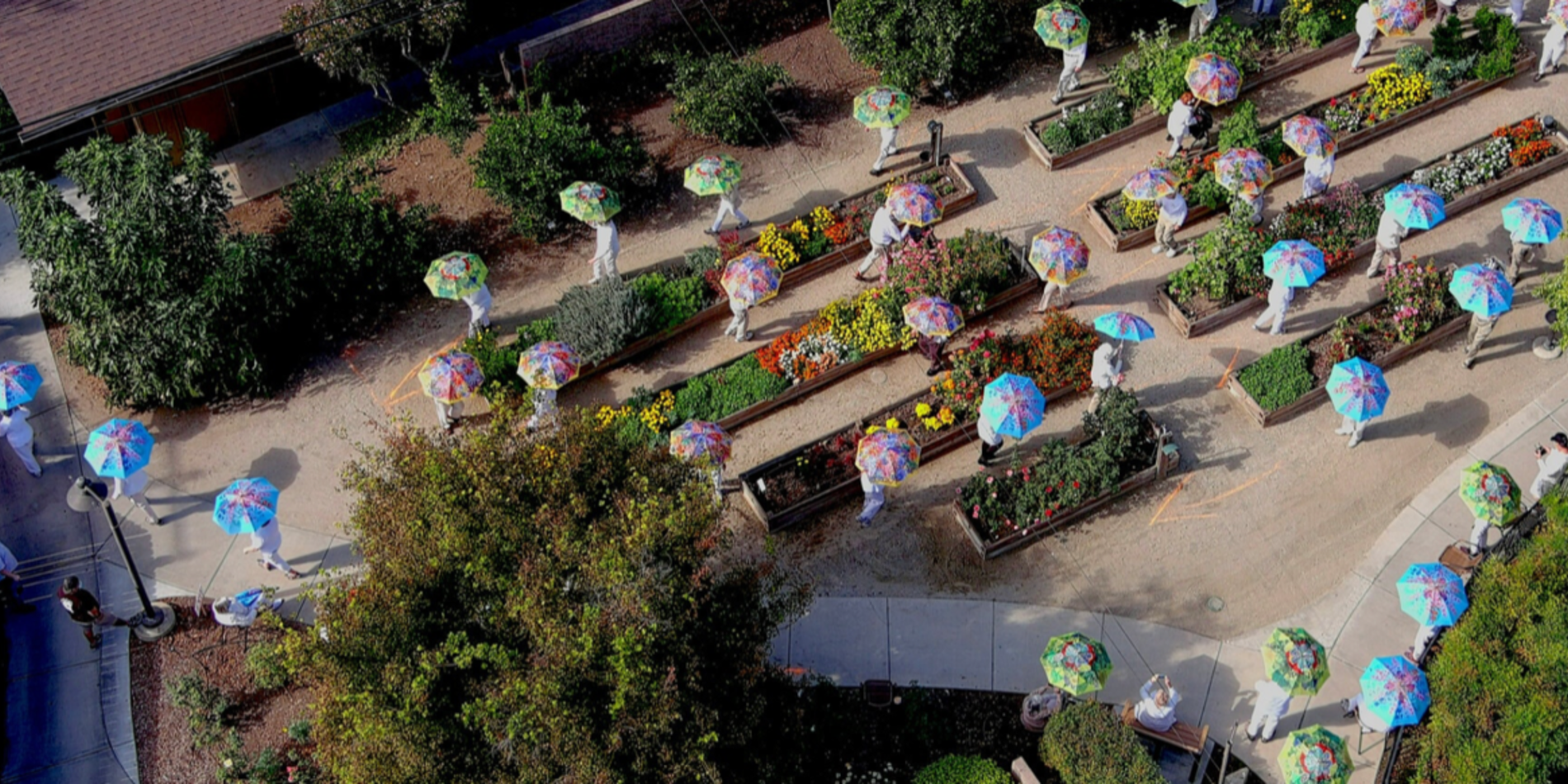Growing up, presiding over our living room above the couch was an enormous painting of a Paris street scene. No one in our family had ever been to Paris. It was painted by the daughter of one of my father’s friends. As a child, I never wondered why my parents chose that image, if it beckoned them to Paris, if it might have been a dream unfulfilled.
But for pianist, playwright and actor Hershey Felder, there was no question. He recently livestreamed “Paris: A Love Story.” Known for embodying the life stories of composers as he provides context for and plays their music, in “Paris: A Love Story,” Felder performs the life of Claude Debussy and the Paris which shaped his creativity.
But he also summons his younger self, a nineteen-year-old visiting Paris for a monumental milestone— the sixth anniversary of his mother’s death. She died a young woman, her life cut short at age 35, before she could visit the city she dreamed about. Claude Debussy was Eva Surek Felder’s favorite composer. His evocative music provided some small measure of balm as she fought the cancer which ultimately took her life.
“Always remember the moonlight.” These were the last words that Eva Felder spoke to her son, in a hospital hallway where she had been wheeled out to say goodbye. In Florence, in the middle of a pandemic, nearly forty years later, Hershey Felder sits at the piano and plays Debussy’s music of moonlight, “Claire de Lune.” He plays with such heartbreaking tenderness, that he simultaneously conjures the composer, who also left his treasured young child at his own early, untimely death, his beloved mother, and the thirteen-year-old he had been, facing a life bereft of the mother who bore and nurtured him.
Neither time nor space prevented the harmonizing together of their lives in Claire de Lune. The art, the moonlight, illuminated his soul. Hershey Felder never forgot.
In “Yentl”, the film which she directed and starred in, on the first night after her father’s death, Barbra Streisand—as Yentl—lights a candle against a dark sky. Seeking his nearness, Yentl begins to pour out her prayer. “Oh God, and my father/ who’s also in heaven/ may the light of this flickering candle/ illuminate the night the way/ your spirit illuminates my soul.”
Her loneliness and fear, her uncertainty and smallness are palpable. As the notes linger in the concluding lyrics, “Papa how I love you/ Papa how I need you/ Papa how I miss you/ kissing me goodnight” tears stream down Yentl’s face, her voice expressing and evoking sorrow and yearning.
Yentl’s tears and longing are not the sole province of the fictional character she plays. The lyrics may have been written by Marilyn and Alan Bergman, but the emotion Barbra Streisand pours into them is her own.
Like Hershey Felder’s mother, Barbra Streisand’s father, Emanuel Streisand, died at age thirty-five. He was a young father, an educator, having earned doctorates in literature and psychology, when he died suddenly of respiratory failure, leaving a fifteen-month-old daughter to seek him in the dark night. Many of Barbra Streisand’s philanthropic efforts are in the name of her father. His absence is perhaps the most formative experience of her life.
Last May, when the world watched as George Floyd was robbed of his own breath, brutally killed on the streets of Minneapolis, Ms. Streisand immediately identified with George Floyd’s now fatherless six-year-old daughter, Gianna. She sent Gianna a letter to comfort her.
“I think our dads watch over us forever. When you get older and have a decision to make…just close your eyes and ask him for help. And if you listen very carefully, he will lead you to the right choice. I promise!”[i]
For Hershey Felder and Barbra Streisand, losing parents at a young age prompted their art…and also their empathy.
Out of darkness, they remembered, found or created light. Moonlight. Candle-light. The light of recognition. For both of them, the presence of absence, of longing did not lead to despair; rather it kindled a lifelong aspiration to remember, seek, and create light.
At this season, those who spark light in the face of darkness are needed more than ever. So many are alone. So many are frightened. So many are burdened by financial uncertainty. So many are devoid of hope.
Not only through art, but also through ritual, or zarua latzaddik, “light is sown for the righteous.” (Psalms 97:11) Those who know what it feels like to lose, reach out their arms wide to embrace others in need of comfort. So too, do we enact this ritually as we light the menorah on Chanukah. One candle, the shamash, the server, lights the rest. Each night more candles are lit. and eventually, we move from darkness to light.
A kavannah, an intentional prayer prior to lighting the Chanukiah
“When God began to create the heaven and the earth-the earth being unformed and void, with darkness over the surface of the deep and a wind from God sweeping over the water—God said, ‘Let there be light’, and there was light”. Genesis 1:1-3
Amidst darkness veiling darkness
a small flame flickers in the night
The first one is hardest to light
The shamash, the server, first glimmer against the enveloping night
When the darkness of isolation is momentarily faced,
seen, and slowly approached.
One candle against the darkness
In the blackest time of the year
Scarcely a bonfire makes
Yet this is the shamash, the server
The one which will light others.
Tradition holds that this candle,
The candle of dedication,
is or haganuz, the hidden light
which gives off more strength than light
Strength to seek out the inner soul of righteousness,
of faith, of dedication
and stir it awake
Even on the first night, this light kindles another
This light finds a companion of the spirit
This light serves eternity
a pinprick of reminder to do the good deed promised
but undone
a glow of memory to act in the name of one loved
and lost
a probe to find courage to speak truth where
there was silence
This light serves righteousness.
Slowly, night by night, candle by candle
holiness increases
courage increases
righteousness increases
until darkness is aglow with hope,
with righteous deeds, with memories kindling another
Night by night
Until the cloak of despair is shed in promise
Night by night, the server serves holy light.
The miracle of lights burning is the rededication of souls
from despair to promise
from darkness to light
from doubt to completion.
We are commanded to light these lights
commanded to strike against emptiness
commanded to hope
commanded amidst darkness veiling darkness
to make a server of the divine light.
“Blessed are you, Eternal our God, Sovereign of the universe, who makes us holy through divine commandments and commands us to light candles of dedication.”
Rabbi Patricia Karlin-Neumann
Senior Associate Dean for Religious Life



